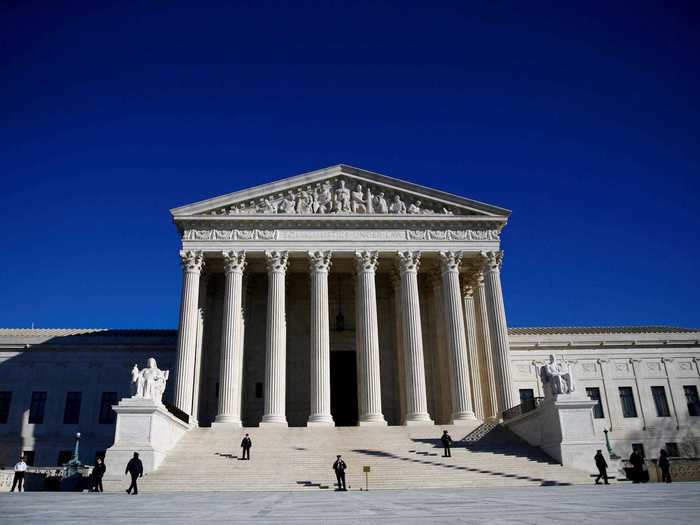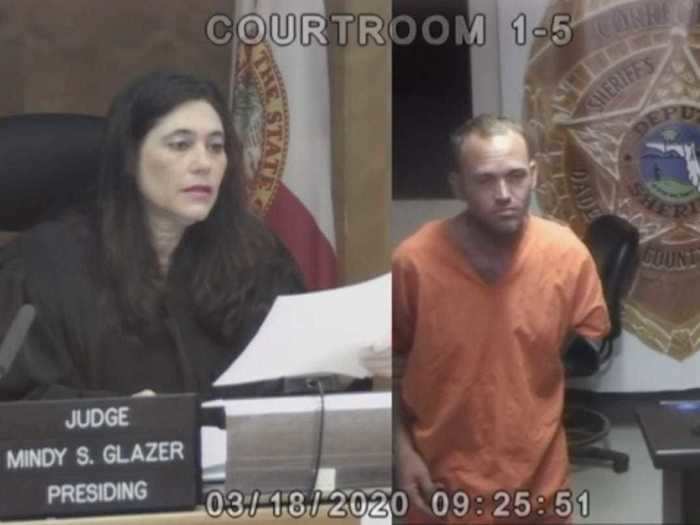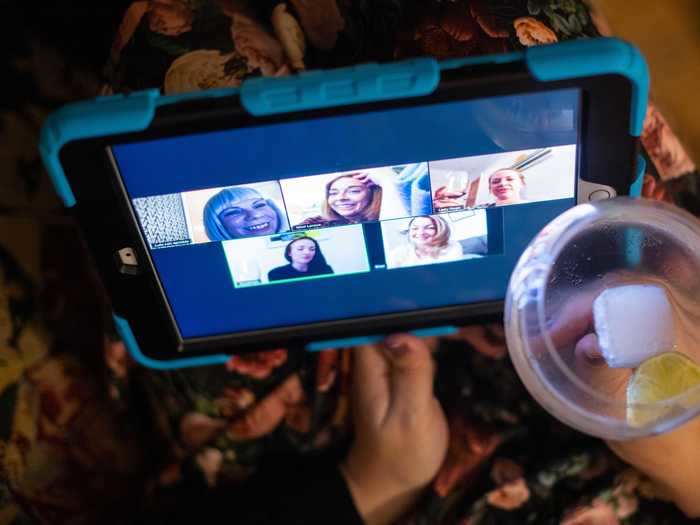Courts and government meetings have fallen into chaos after moving hearings to Zoom and getting swarmed with nudity and offensive remarks
Aaron Holmes
- Government functions ranging from city hall meetings to supreme court cases have moved to video conferencing platforms like Zoom amid stay-at-home orders across the US brought on by COVID-19.
- The transition has led to public forums being disrupted by "Zoom bombers," as well as disagreements over proper Zoom etiquette.
- Multiple municipal meetings were cut short after intruders flashed nudity or blasted offensive remarks. One judge reprimanded lawyers for Zooming into court while still in bed or partially clothed.
- The transition has also led to a transparency nightmare — government watchdogs say it's increasingly difficult to scrutinize proceedings that would typically have been open to the public.
- Visit Business Insider's homepage for more stories.
The government is now on Zoom — and so far, it's chaos.
A Michigan city hall meeting was cut short after a man introduced himself as "Dan D---head." A Florida judge reprimanded lawyers for Zooming into court while still in bed. An Indiana Election Commission meeting was interrupted by a man masturbating on camera.
Across the US, government agencies and departments are struggling to adjust to the new normal of videoconferencing as the COVID-19 outbreak forces Americans to stay home and avoid contact. Many government functions are mandated by law to be open to all and allow public comment, leaving agencies to strike a balance between remaining open and preventing trolls.
The transition to videoconferencing has also become a nightmare for public oversight, according to watchdog groups and transparency advocates.
Many court watchers have been left in the dark after difficulty signing on to virtual hearings, according to a report from The Marshall Project last week. Several trials have unfolded in Los Angeles and Miami without outside observers given a link to watch remotely, while New Orleans courts have reportedly given access to video streams based on individual judges' decisions.
And some courts — including those in New York City — have declined to put hearings online, instead forcing would-be observers to go to the courthouse and watch trials on a screen there, potentially risking their health.
"Court watching has a really important use as an accountability mechanism," Court Watch NYC cofounder Rachel Foran, who organizes court watching groups nationwide, told Business Insider. "It's a way for the community to have a say in the criminal legal process and offer a different vision of safety and justice than what the criminal legal system typically allows for."
Read the original article on Business InsiderREAD MORE ARTICLES ON
Popular Right Now
Popular Keywords
- India’s wearables market decline
- Vivo V40 Pro vs OnePlus 12R
- Nothing Phone (2a) Plus vs OnePlus Nord 4
- Upcoming smartphones launching in August
- Nothing Phone (2a) review
- Current Location in Google
- Hide Whatsapp Messages
- Phone is hacked or not
- Whatsapp Deleted Messages
- Download photos from Whatsapp
- Instagram Messages
- How to lock facebook profile
- Android 14
- Unfollowed on Instagram
Advertisement



